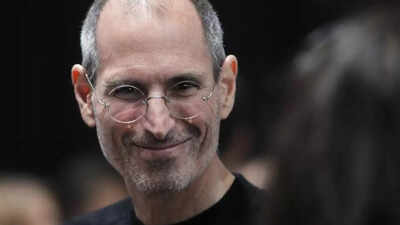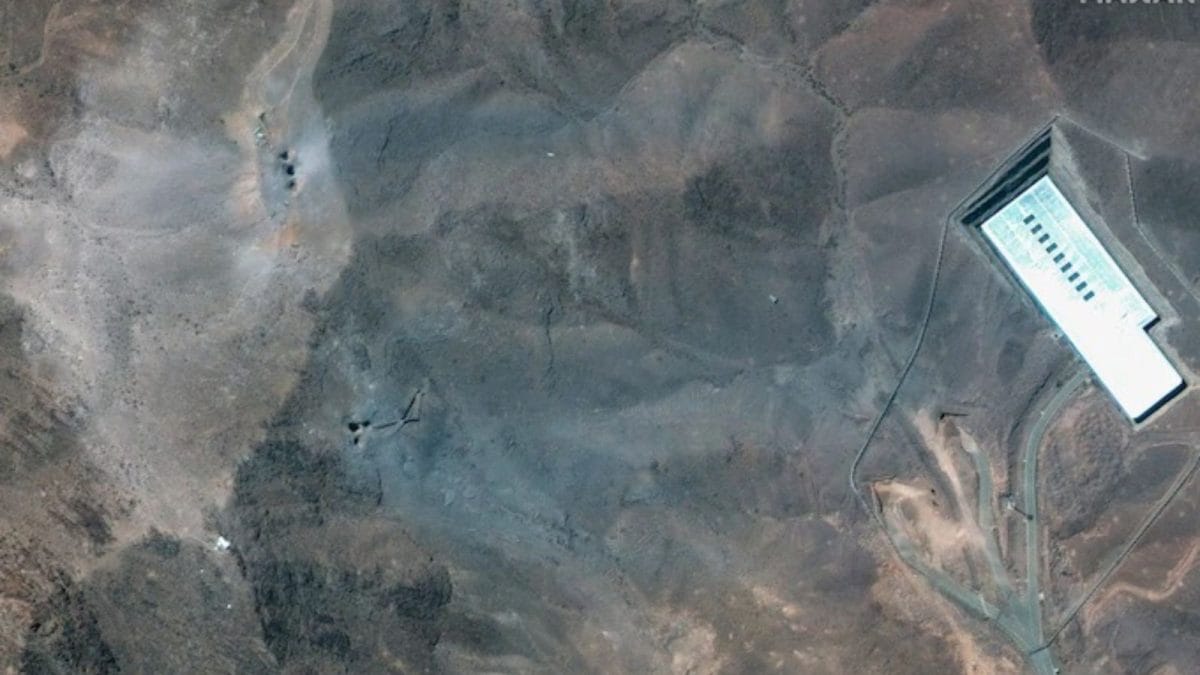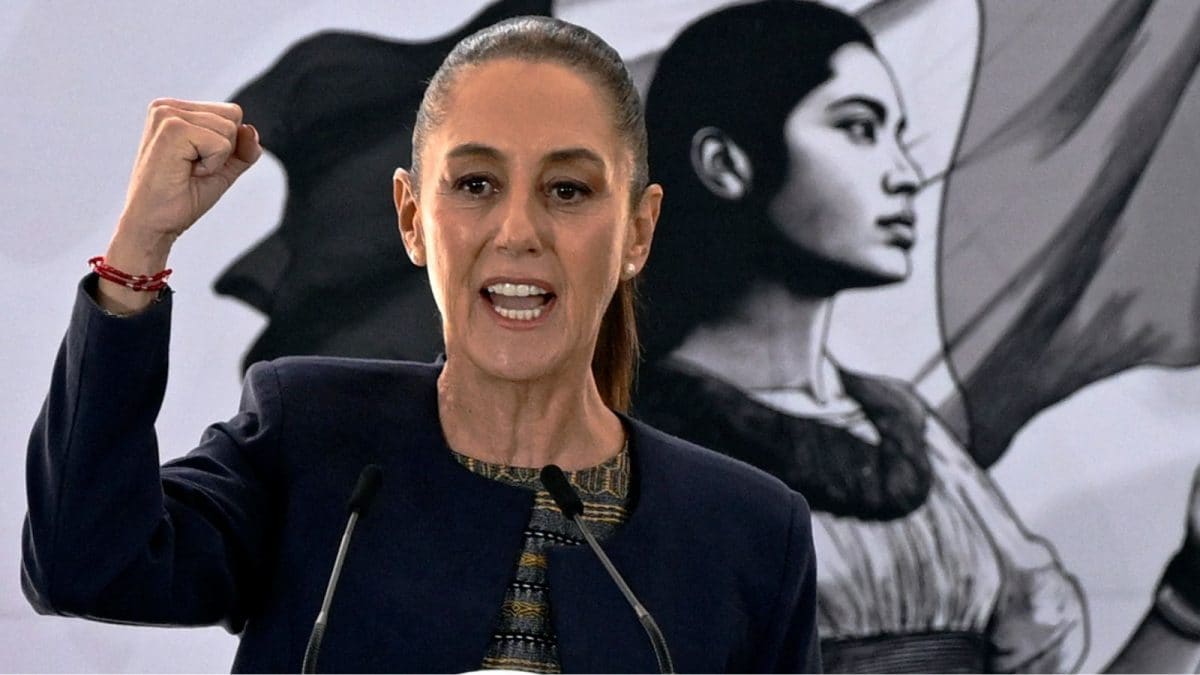ARTICLE AD BOX

Apple founder Steve Jobs reportedly made a trip to Moscow. When? In 1985, when Moscow was part of Soviet Union and shortly after reformist leader Mikhail Gorbachev‘s rise to power. According to a report in Cult of Mac, in a trip to the Soviet Union in 1985, Apple co-founder Steve Jobs aimed to bring Macintosh computers to Russia. The two-day visit saw Jobs lecturing computer science students, attending a Fourth of July party at the American embassy, and discussing the possibility of establishing a Mac factory in Russia. The trip came at a tumultuous time for Steve Jobs, who had been sidelined at Apple after a power struggle with CEO John Sculley. Seeking purpose, Jobs embarked on an overseas journey that included stops in Paris, Italy, and Moscow. In Paris, he met future U.S. President George H.W. Bush, discussing how Macs could spark a “revolution from below” in the Soviet Union, where the less-powerful Apple II had recently launched.However, Jobs’ visit wasn’t without controversy. According to Walter Isaacson’s 2011 biography, Jobs nearly clashed with the KGB by praising exiled Bolshevik leader Leon Trotsky, deemed an “enemy of the people” by the Soviet regime. Cult of Mac cites Isaacson, noting that a KGB agent warned Jobs against discussing Trotsky, saying, “Our historians have studied the situation, and we don’t believe he’s a great man anymore.” Undeterred, Jobs reportedly began a speech to Moscow computer students by lauding Trotsky, though a partial transcript of the speech omits this detail.Intriguingly, Jobs suspected the attorney organizing his trip might have ties to the CIA or KGB, a detail noted in his FBI file, which also mentioned his meeting with a Russian Academy of Sciences professor to explore marketing Apple products. Despite these, the trip reportedly yielded no Russian Apple division, aligning with what Cult of Mac describes as “busy work” to keep Jobs away from Apple’s management.
A surprising outcome emerged, however. Apple VP Al Eisenstat, staying at the same Moscow hotel, received a floppy disk from a nervous programmer containing advanced handwriting-recognition software. The report adds that members of the Apple Newton team later confirmed this code became the foundation for the Newton MessagePad’s handwriting recognition feature. Though Jobs’ Soviet venture didn’t revolutionize Russia’s tech landscape, it remains a fascinating chapter in his storied career, blending ambition, intrigue and unexpected technological gains.



.png)
.png)
.png)
















 5 hours ago
3
5 hours ago
3









 English (US) ·
English (US) ·